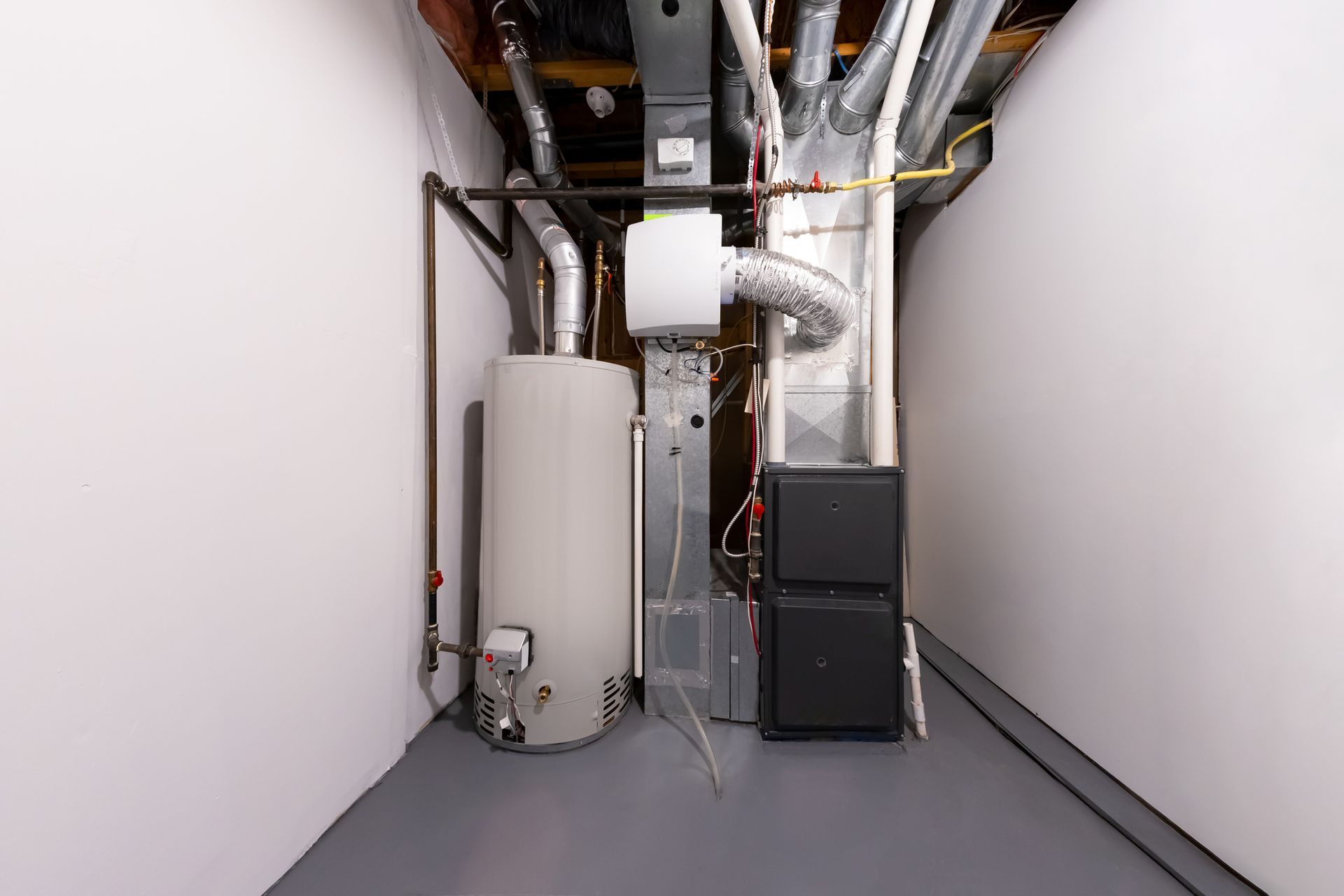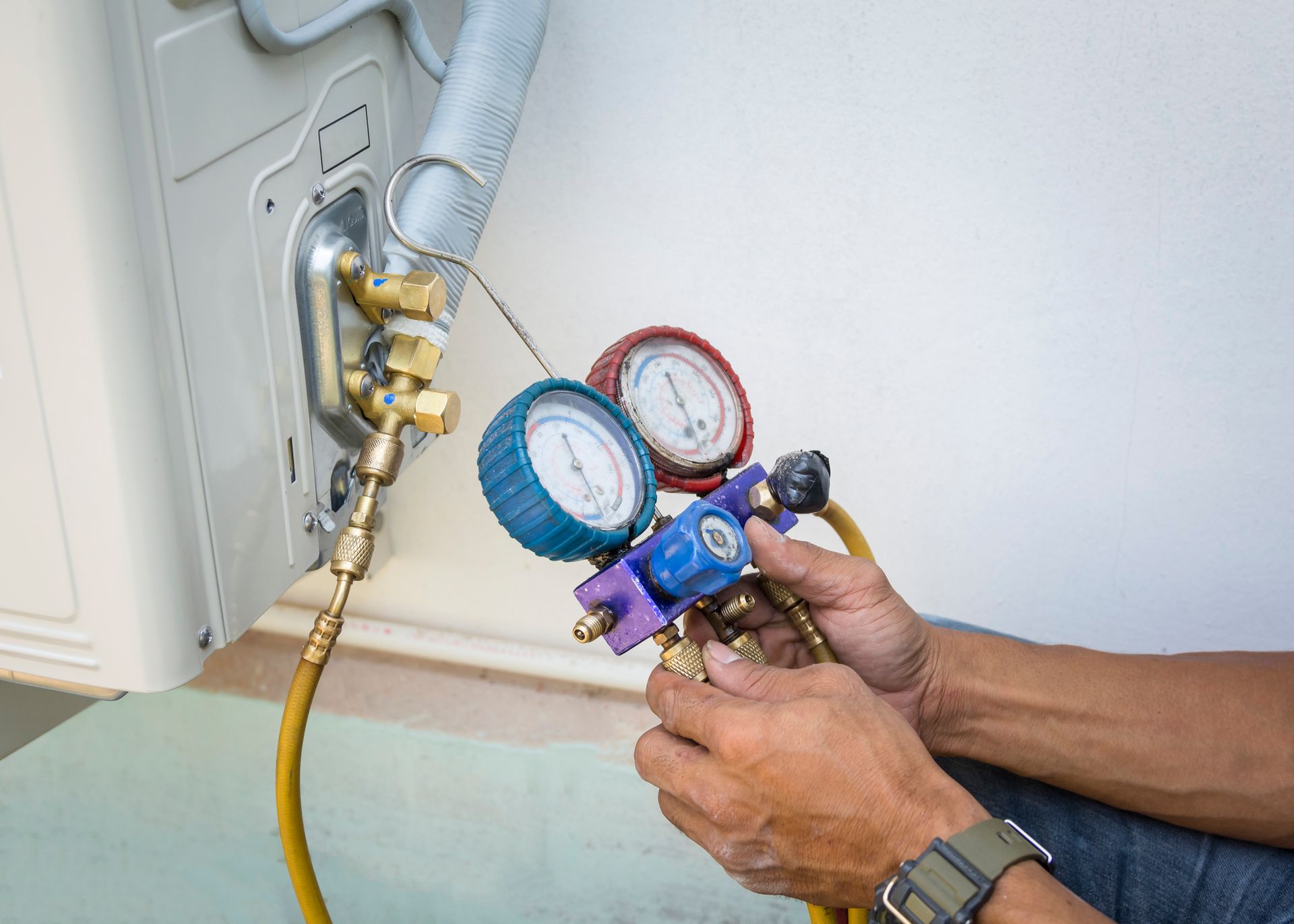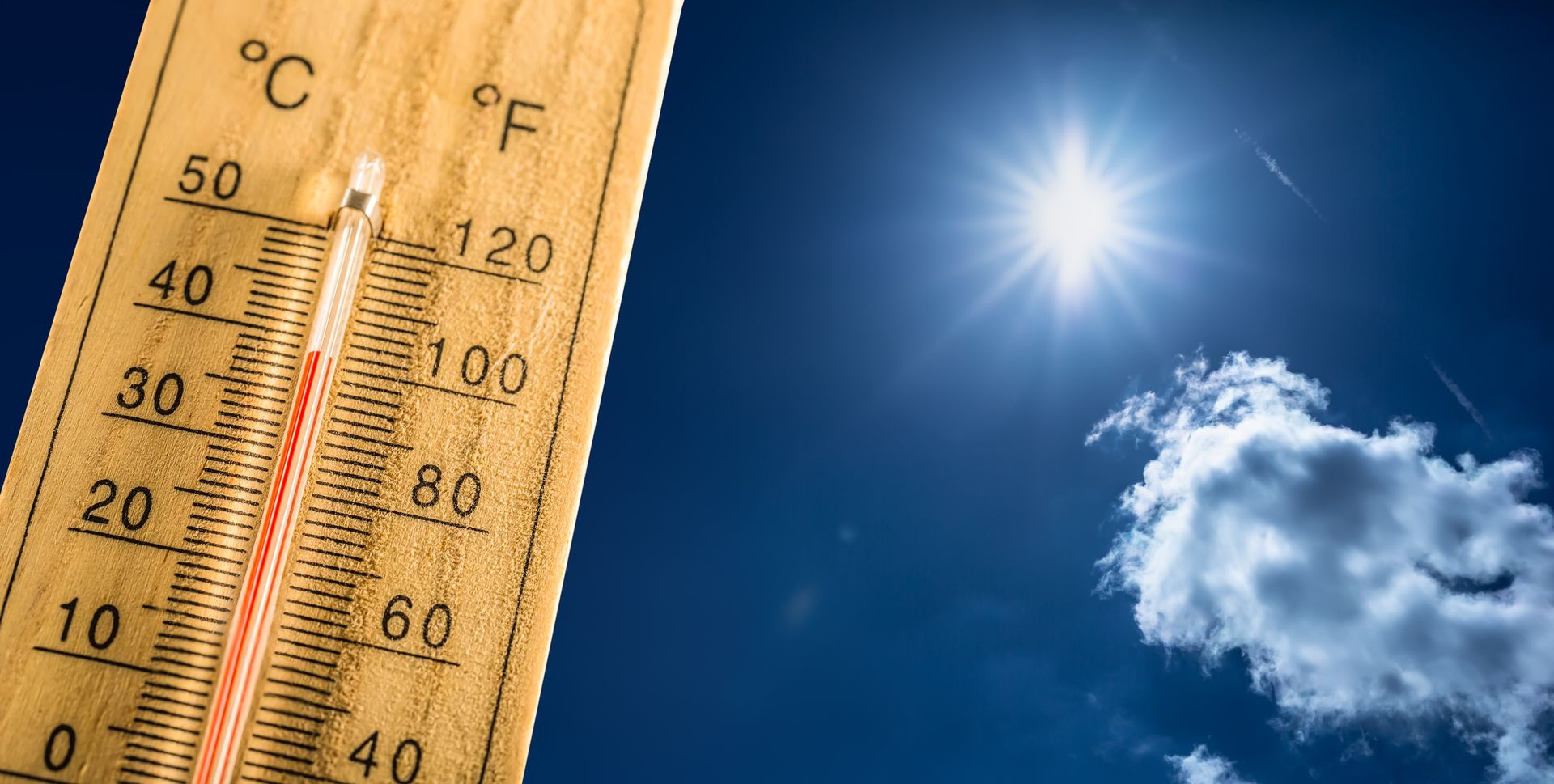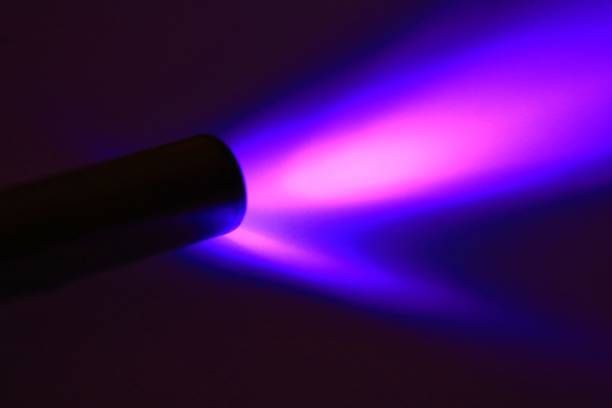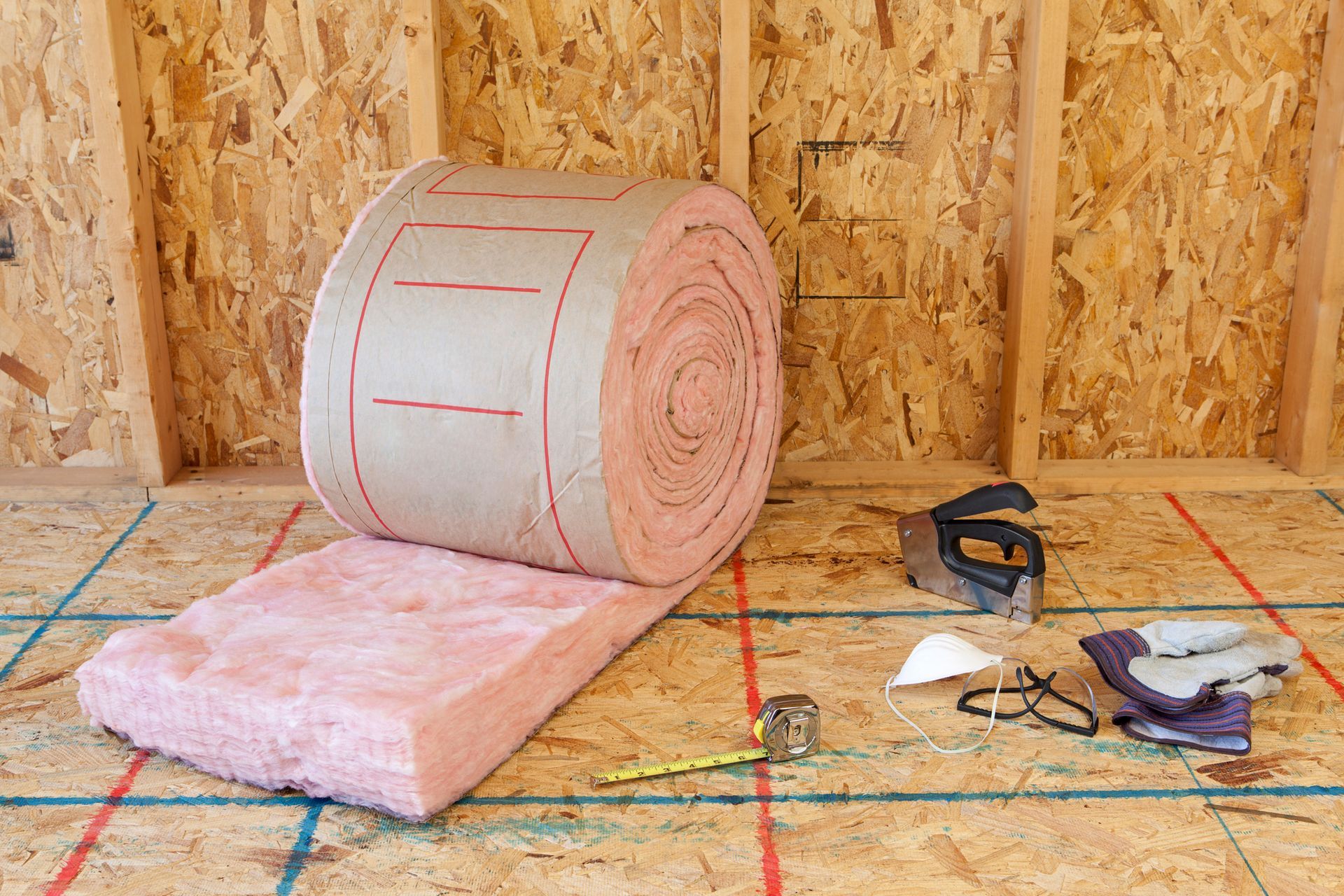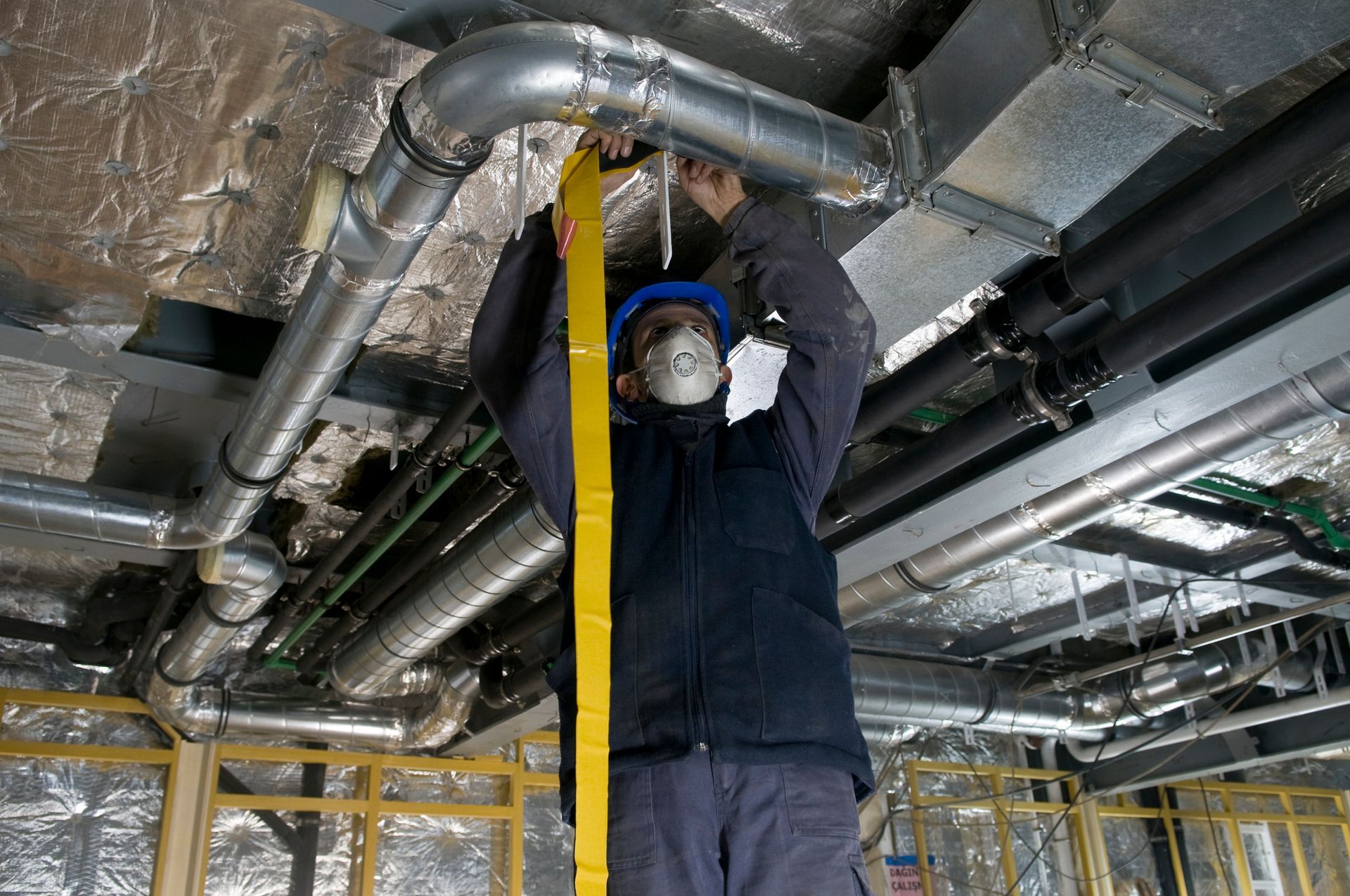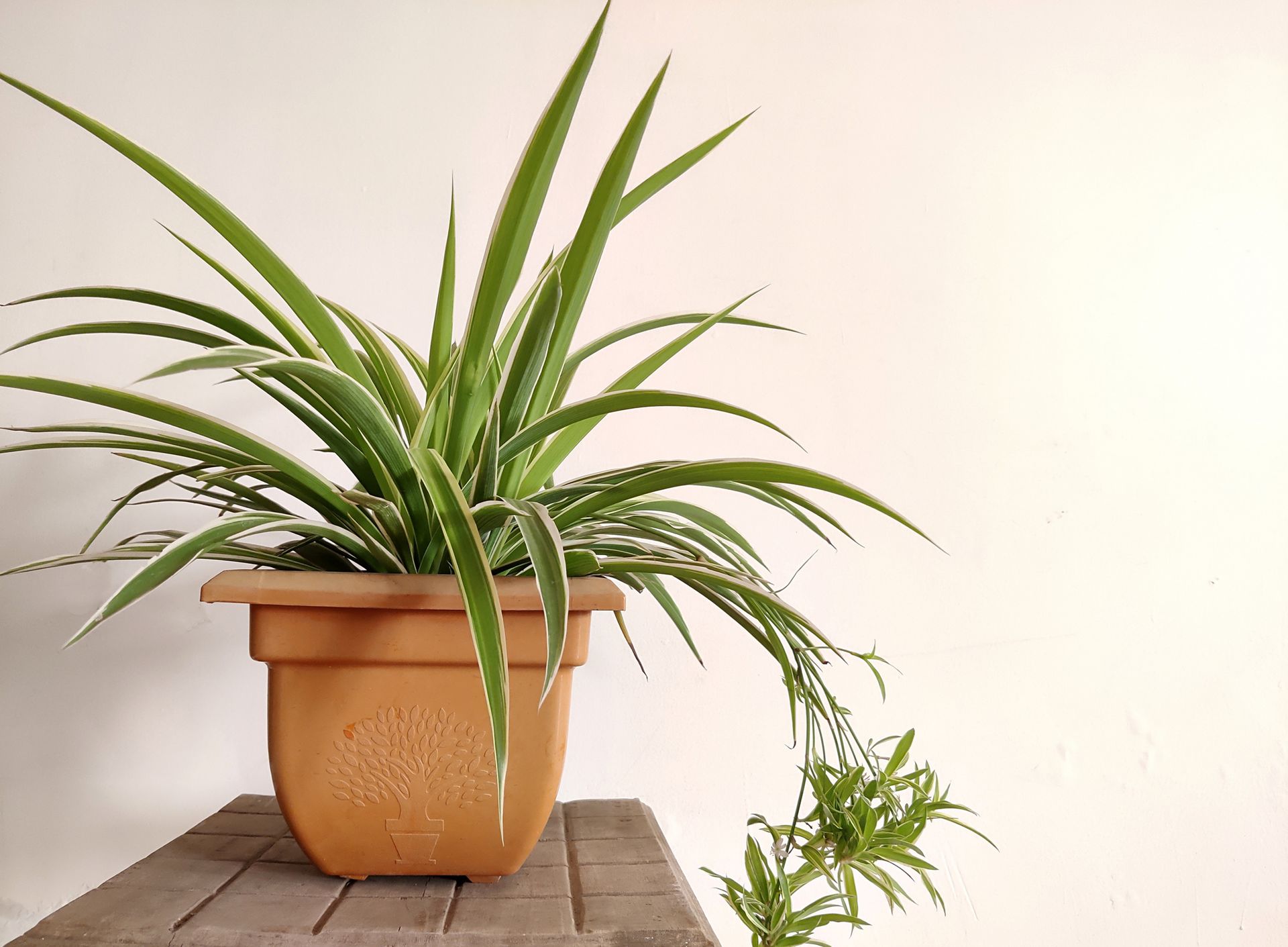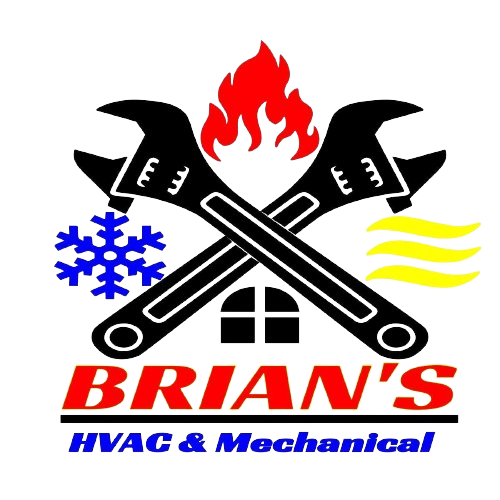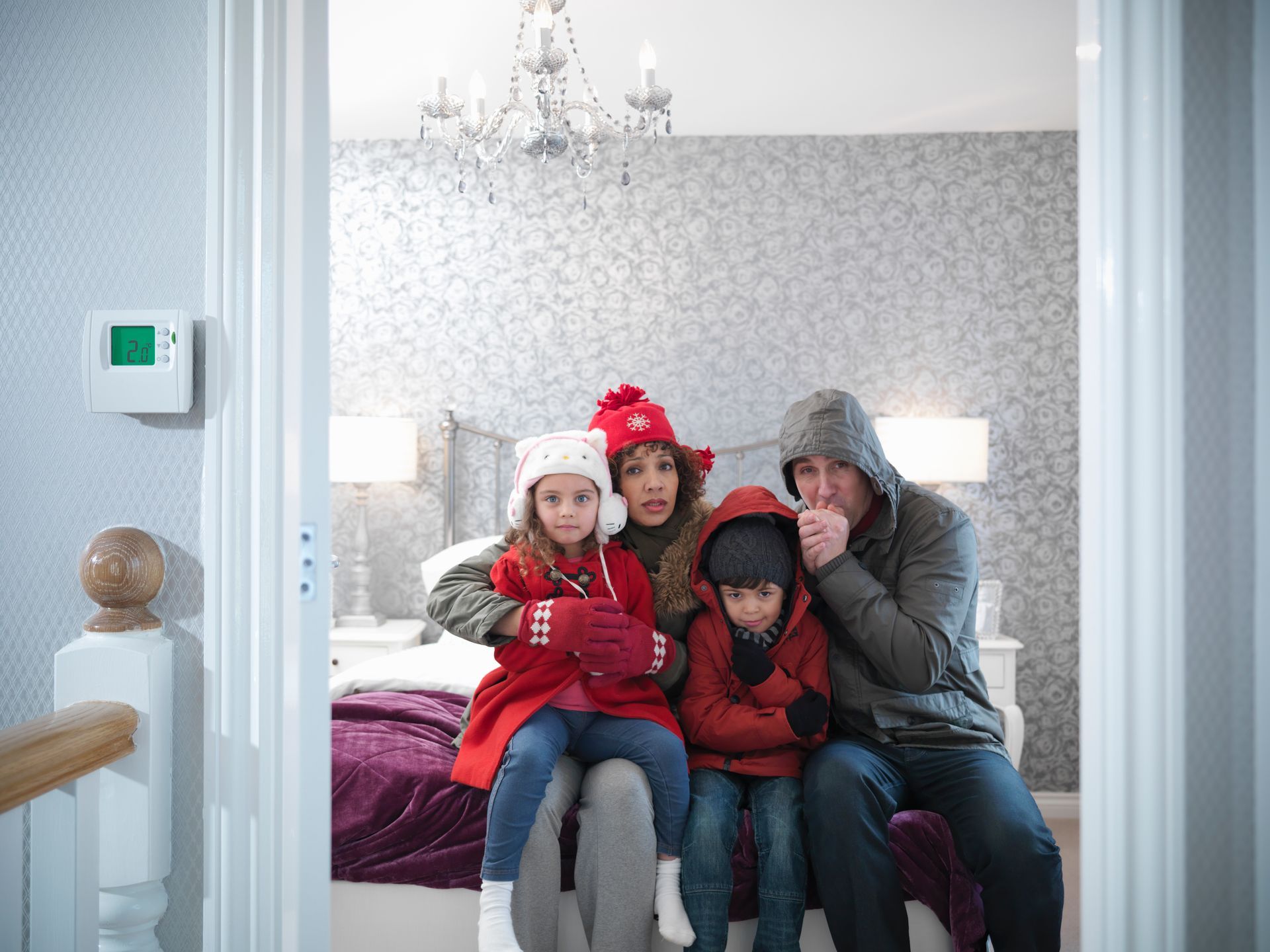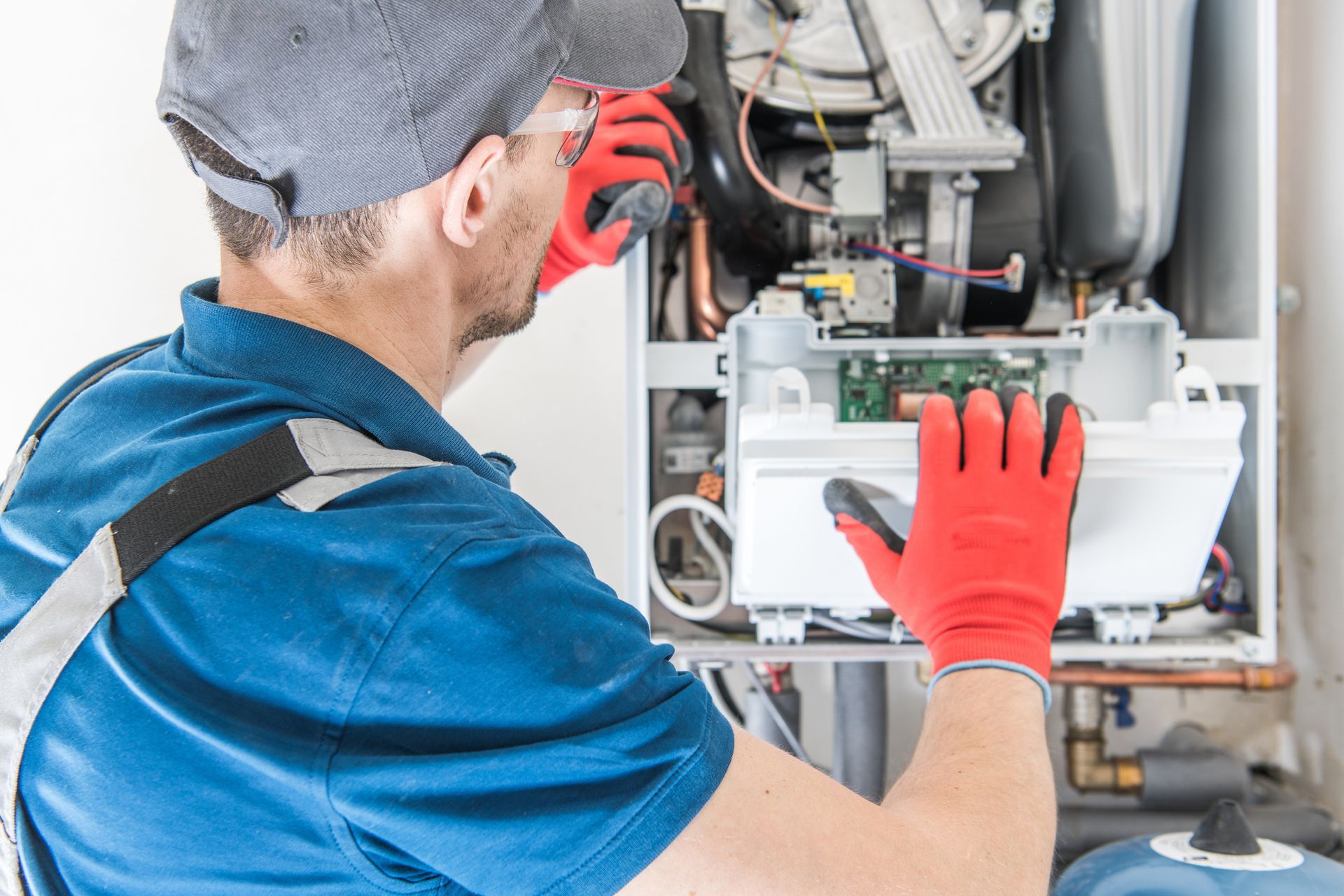The Importance of Getting Your Plumbing Checked Once a Year
Plumbing is one of those things in your home that you probably don’t think about much—until something goes wrong! When pipes are working smoothly, everything is great. But when a pipe bursts, a drain clogs, or a faucet leaks, it can quickly turn into a big mess. To avoid these problems, it’s important to have your plumbing checked at least once a year.
Just like going to the doctor for a yearly check-up or getting your car serviced, regular plumbing maintenance can prevent bigger, more expensive issues from happening. In this blog, we’ll explain why it’s so important to have your plumbing inspected annually and how it can save you time, money, and stress in the long run.
New paragraph
A plumbing inspection is like a health check-up for the pipes and fixtures in your home. A professional plumber will examine your entire plumbing system, including sinks, toilets, pipes, and drains, to make sure everything is in good working order. They’ll look for leaks, blockages, or signs of wear and tear that could cause problems down the road.
Why Should You Get Your Plumbing Checked Once a Year?
Now that you know what a plumbing inspection is, let's look at why it’s so important to schedule one every year.
1. Prevent Water Damage
Water damage is one of the most common (and costly) problems homeowners face. A small leak in a pipe might not seem like a big deal at first, but over time, it can cause serious damage to your walls, floors, and ceilings. Worse yet, water damage can lead to mold, which can be harmful to your health. During a yearly inspection, a plumber can find and fix these small leaks before they turn into bigger issues that could ruin your home.
2. Save Money on Water Bills
Did you know that even a tiny drip from a faucet can waste gallons of water each day? That’s money going down the drain—literally! Leaks, running toilets, and inefficient fixtures can all cause your water bill to skyrocket. By having your plumbing system checked every year, you can identify and repair any leaks, saving both water and money. The cost of a plumbing inspection is far less than what you might end up paying for wasted water over time.
3. Improve Water Pressure
Have you ever turned on your shower only to be disappointed by weak water pressure? Low water pressure can be caused by a number of things, including blockages in the pipes or a leak in the system. A plumber can identify and fix the cause of low water pressure during an annual inspection, ensuring that you have a steady, strong flow of water when you need it.
4. Extend the Life of Your Plumbing System
Your plumbing system is a major investment, and you want it to last as long as possible. Regular inspections help extend the life of your pipes and fixtures by identifying small problems before they turn into big ones. For example, corrosion in your pipes can lead to leaks or even cause the pipes to burst. By catching corrosion early, you can replace the affected pipes before they fail, saving you from a costly and inconvenient plumbing emergency.
5. Maintain Health and Safety
Your plumbing system plays a big role in keeping your home clean and safe. If your plumbing isn’t working properly, it can cause serious health issues. For example, sewer line problems can lead to backups, which are not only disgusting but can also spread harmful bacteria. During a yearly inspection, a plumber can check for any issues with your sewer line and other parts of your plumbing system to make sure everything is draining and flushing as it should.
What Happens During a Plumbing Inspection?
During a plumbing inspection, the plumber will go through your home and check all the major parts of your plumbing system. Here are some of the things they’ll look at:
New paragraph
Examine pipes and drains: The plumber will check your pipes for signs of corrosion, blockages, or damage. They’ll also make sure your drains are flowing freely and aren’t clogged.
Test water pressure: The plumber will test your water pressure to make sure it’s at a healthy level. If the pressure is too low or too high, they can figure out why and fix it.
Inspect the sewer line: The plumber may use a special camera to inspect your sewer line for blockages or damage.
When Should You Schedule a Plumbing Inspection?
It’s best to schedule a plumbing inspection once a year, preferably before any major seasonal changes. For example, in colder areas, it’s a good idea to have your plumbing checked before winter to ensure your pipes are prepared for freezing temperatures. Burst pipes can happen when the water inside freezes and expands, causing the pipe to crack or break. Having a plumber inspect your system before the cold weather hits can help prevent this from happening.
Conclusion
New paragraph
Don’t wait until you have a plumbing emergency. Schedule your annual plumbing inspection today to keep your home’s plumbing running smoothly and avoid costly repairs down the road!
